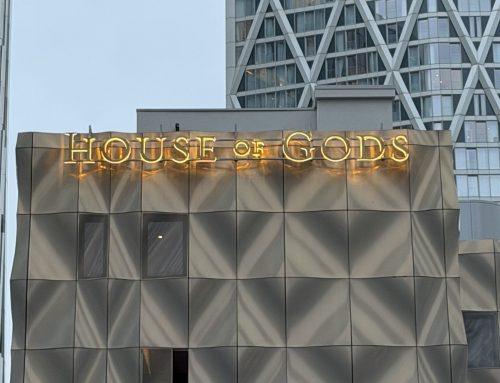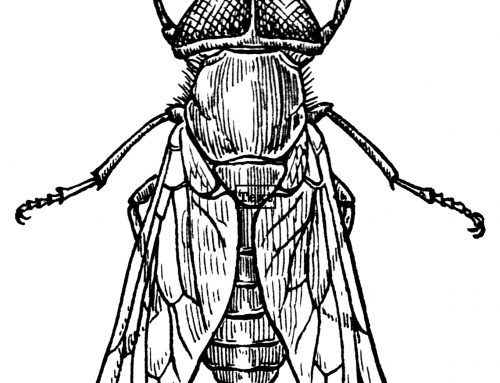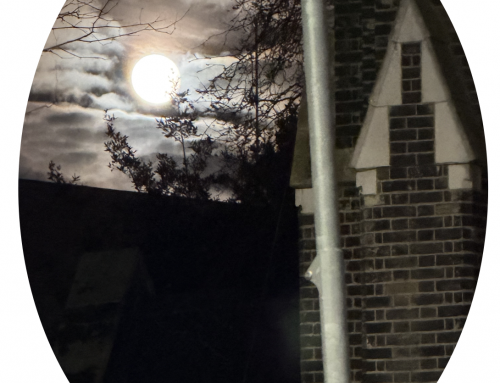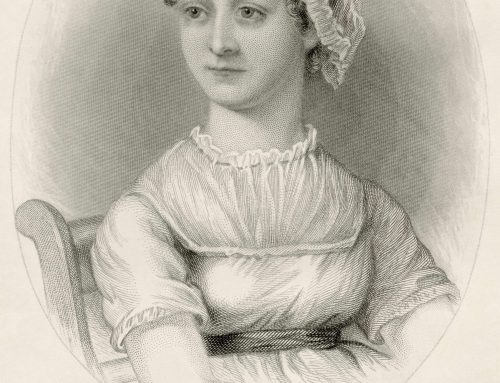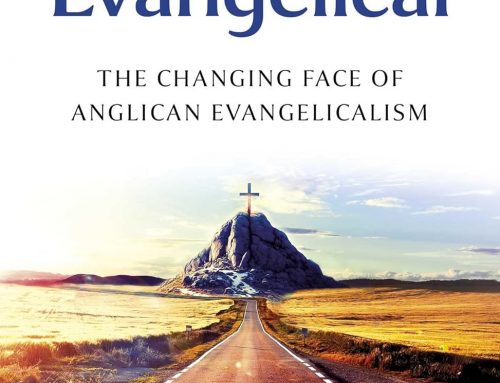Editorial July 2024
The Rev’d Dr. Nicholas Henderson
Editor: Anglicanism.org

Democracy a Fragile Flower?
At the heart of any democratic system of government must be the ‘will of the people’ where electors are freely able to express their preferences in an orderly and fair election. This in turn should be followed, as required, by a smooth and peaceful transition of power from one leadership group to another.
That’s the minimalist principle which vests state power in the people. However, it’s not always as easy as that and despite this being a year of elections in a host of countries we seem to be drifting towards elective autocracy, sometimes in unexpected places[1] including today’s Hungary – the ‘bad boy’ of Europe. There are numerous more extreme examples of this including the virtual Tsardom of Vladimir Putin, where democracy is used as a kind of veneer to legitimise the regime. Iran is an example of a religious autocracy, China one of a centralised command structure with predicable elections.
Sometimes the system of electing representatives is flawed. A good example of this is the now infamous ‘first past the post’ system as used in the United Kingdom. This regularly produces large majorities for one party on a minority vote. It is significant that the only other country left in Europe to use the same system is Belarus, the handmaid of Russia. Another example is the strange system used in the United States, which growing out of the founding fathers’ distrust of popular democracy, handed down a system whereby ‘electors’ from the various States decide the President rather than the people’s direct vote. The Constitution requires that this process is carried out by an Electoral College that ultimately decides who will win this extraordinarily powerful position.[2]
However most countries around the world use proportional voting systems – whereby a party winning half the vote would win half the seats in parliament.[3] To its credit even the Church of England, so often portrayed as behind the times and out of touch, uses a system of Single Transferable Vote.[4]
Christianity grew out of a world of kingship and this is reflected in the Scriptures, sometimes the Old Testament portrays an apparently tyrannical ruler governing with the blessing God. God himself is certainly not always portrayed as a benign ruler. The New Testament is however different as the young Faith is described as coming to terms with life in a pagan world. 1 Timothy 2 vv 1-2 would have us ‘pray for kings all those in authority’. This is something that the Anglican Book of Common Prayer is at pains to proscribe on a regular basis.
Ironically, it is to the Old Testament that we must return for a counter instruction Psalm 146 vv 3-4 ‘Do not put your trust in princes …’
Given this the Church repeatedly and rightly describes the paradox of the poor carpenter of Nazareth as ‘King of Kings and Lord of Lords’ as written in Revelation 19 v 6. This is perhaps something that most of Christ’s followers can agree on, when perversely there is so much else to be confused about in the Book of the Apocalypse. Nevertheless, as a concomitant democracy and the freedom to practise religious observance do seem to go hand in hand.
It remains then that ‘democracy is a fragile flower’ a quote attributed variously to those as disparate in political opinion as former American President Ronald Regan and former finance minister of Greece Yanis Varoufakis. In God’s garden here on earth it needs to be carefully tended lest we move in the wrong direction towards the observation of Madame Germaine de Staël the18th-19th century ‘Women of Letters’, political theorist and precursor of feminism. She observed that Russian governance was “Autocracy tempered by assassination!” and of Napolean he was “a ruthless tyrant who regarded individuals as pawns on a chessboard, which he controlled”.
Her religious convictions remain ambiguous so I wonder what she would observe and comment on today?
Nicholas Henderson
Feast of St Thomas the Apostle
July 2024
[1] https://www.europarl.europa.eu/doceo/document/A-9-2022-0217_EN.html
[2] https://www.usa.gov/electoral-college
[3] https://www.electoral-reform.org.uk/voting-systems/what-are-voting-systems/proportional-representation/
[4] https://www.churchofengland.org/sites/default/files/2020-01/gs-2167-stv-rules-feb-2020-final.pdf

